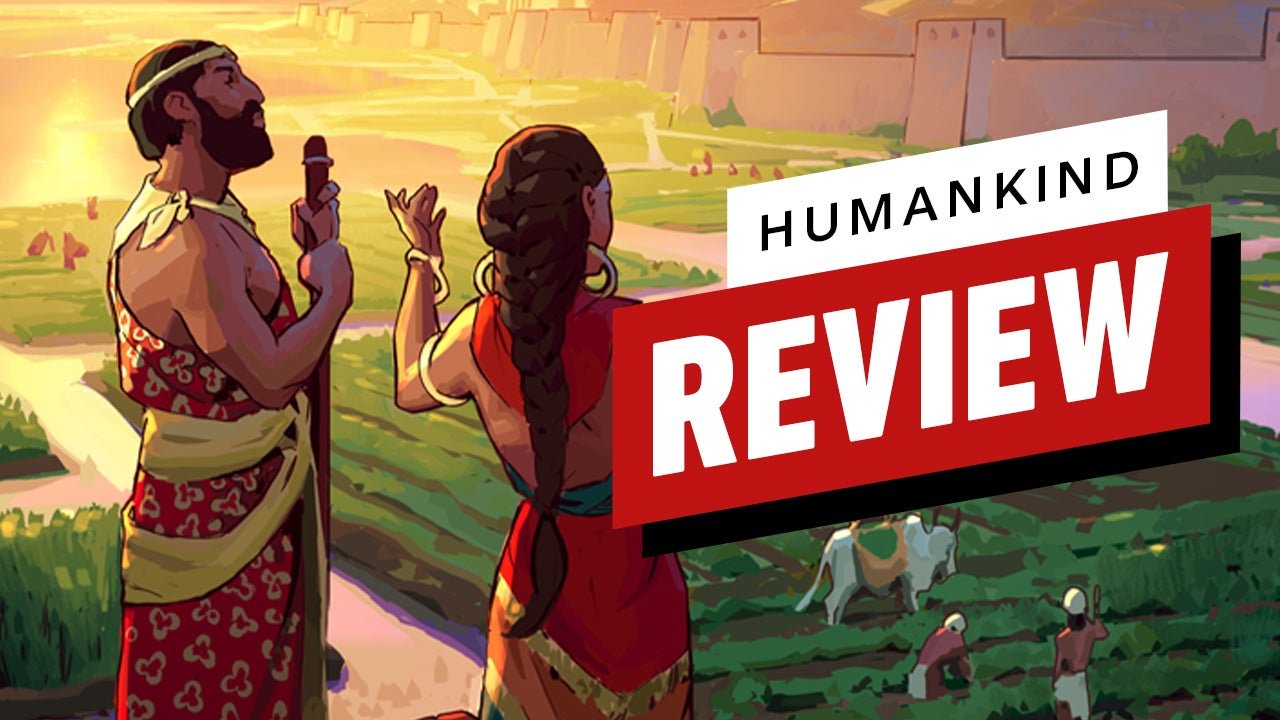Introduction
Humankind is a story that stretches back millions of years, filled with evolution, innovation, and adaptation. From the dawn of our species to the technological age we live in today, the journey of humankind is one of the most compelling narratives ever written. This blog takes you on a journey through the key milestones that have shaped who we are today, highlighting our resilience, creativity, and unyielding pursuit of knowledge.
The Origins: From Primates to Homo Sapiens
Our journey begins in the prehistoric era, where early primates roamed the earth. Over millions of years, through a process known as natural selection, these primates evolved into what we now recognize as Homo sapiens. The discovery of tools, control of fire, and development of language were pivotal in this transformation. These innovations not only helped our ancestors survive but also laid the foundation for future civilizations.
Agricultural Revolution: The Dawn of Civilization
One of the most significant turning points in human history was the Agricultural Revolution, which began around 10,000 years ago. For the first time, humans started to settle in one place, cultivating crops and domesticating animals. This shift from a nomadic lifestyle to a sedentary one led to the establishment of the first villages and cities. It also marked the beginning of social structures, trade, and the eventual rise of empires.
The Birth of Empires and the Age of Exploration
As societies grew, so did their ambitions. The establishment of empires, such as those of the Egyptians, Greeks, and Romans, brought about advancements in architecture, science, and governance. These empires laid the groundwork for modern civilization, influencing law, culture, and technology. The Age of Exploration in the 15th and 16th centuries further expanded human horizons, as explorers set out to discover new lands, leading to the exchange of goods, ideas, and cultures on a global scale.
The Industrial Revolution: A Technological Leap
The Industrial Revolution of the 18th and 19th centuries marked a dramatic shift in human society. The advent of machinery, steam power, and mass production transformed economies and lifestyles. Urbanization increased as people moved to cities for work, and innovations in transportation and communication shrank the world, making it more interconnected than ever before.
The Digital Age: A New Frontier
The 20th and 21st centuries have seen the rise of the Digital Age, an era defined by rapid technological advancements. The invention of the computer, the internet, and smartphones has revolutionized how we live, work, and interact with each other. Information is now at our fingertips, and the world has become a global village, where distances are bridged by technology.
Challenges and the Future of Humankind
Despite our progress, humankind faces significant challenges. Climate change, resource depletion, and social inequality are pressing issues that require collective action. However, our history shows that we are capable of overcoming obstacles through innovation and cooperation. The future of humankind depends on our ability to adapt to these challenges, harness new technologies, and build a more sustainable and equitable world.
Conclusion
The story of humankind is far from over. As we continue to evolve and innovate, we must remember the lessons of our past while embracing the possibilities of the future. Our journey is one of constant change and adaptation, driven by our innate curiosity and determination. As we stand on the cusp of new frontiers, the next chapter of humankind’s story is ours to write.
